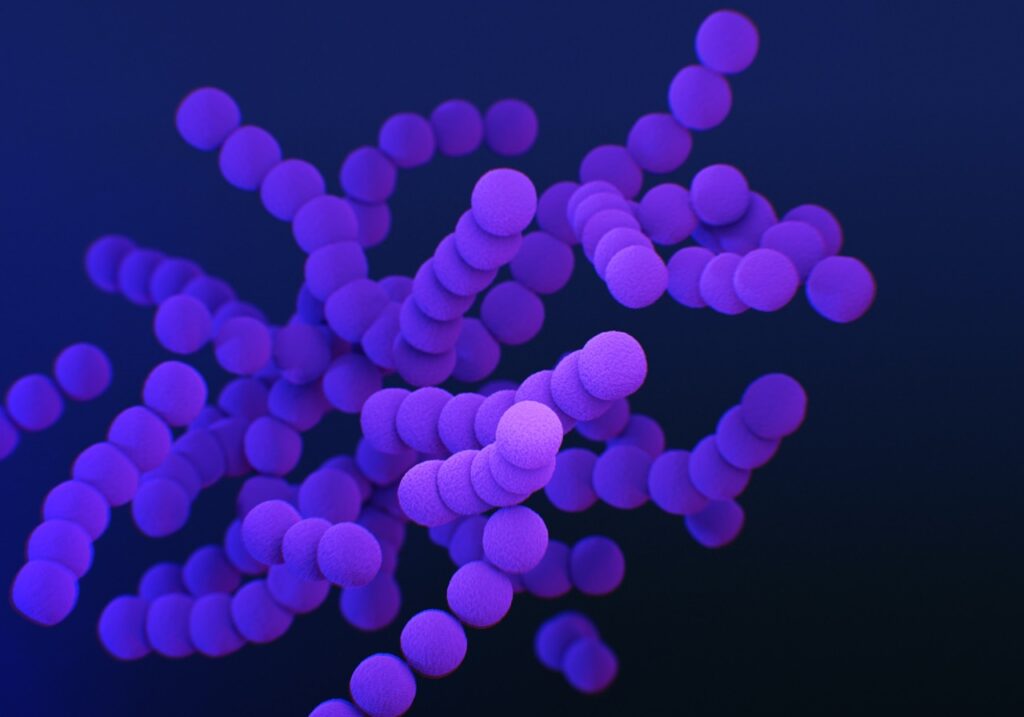1. Zhang, Y. J., Li, S., Gan, R. Y., Zhou, T., Xu, D. P., & Li, H. B. (2015). Impacts of gut bacteria on human health and diseases. International journal of molecular sciences, 16(4), 7493–7519.)
2. Spor, A., Koren, O., & Ley, R. (2011). Unravelling the effects of the environment and host genotype on Lobionda, S.; Sittipo, P.; Kwon, H.Y.; Lee, Y.K. The Role of Gut Microbiota in Intestinal Inflammation with Respect to Diet and Extrinsic Stressors. Microorganisms 2019, 7, 271. the gut microbiome. Nature reviews. Microbiology, 9(4), 279–290;
3. Sittipo, P., Lobionda, S., Lee, Y. K., & Maynard, C. L. (2018). Intestinal microbiota and the immune system in metabolic diseases. Journal of microbiology (Seoul, Korea), 56(3), 154–162.

